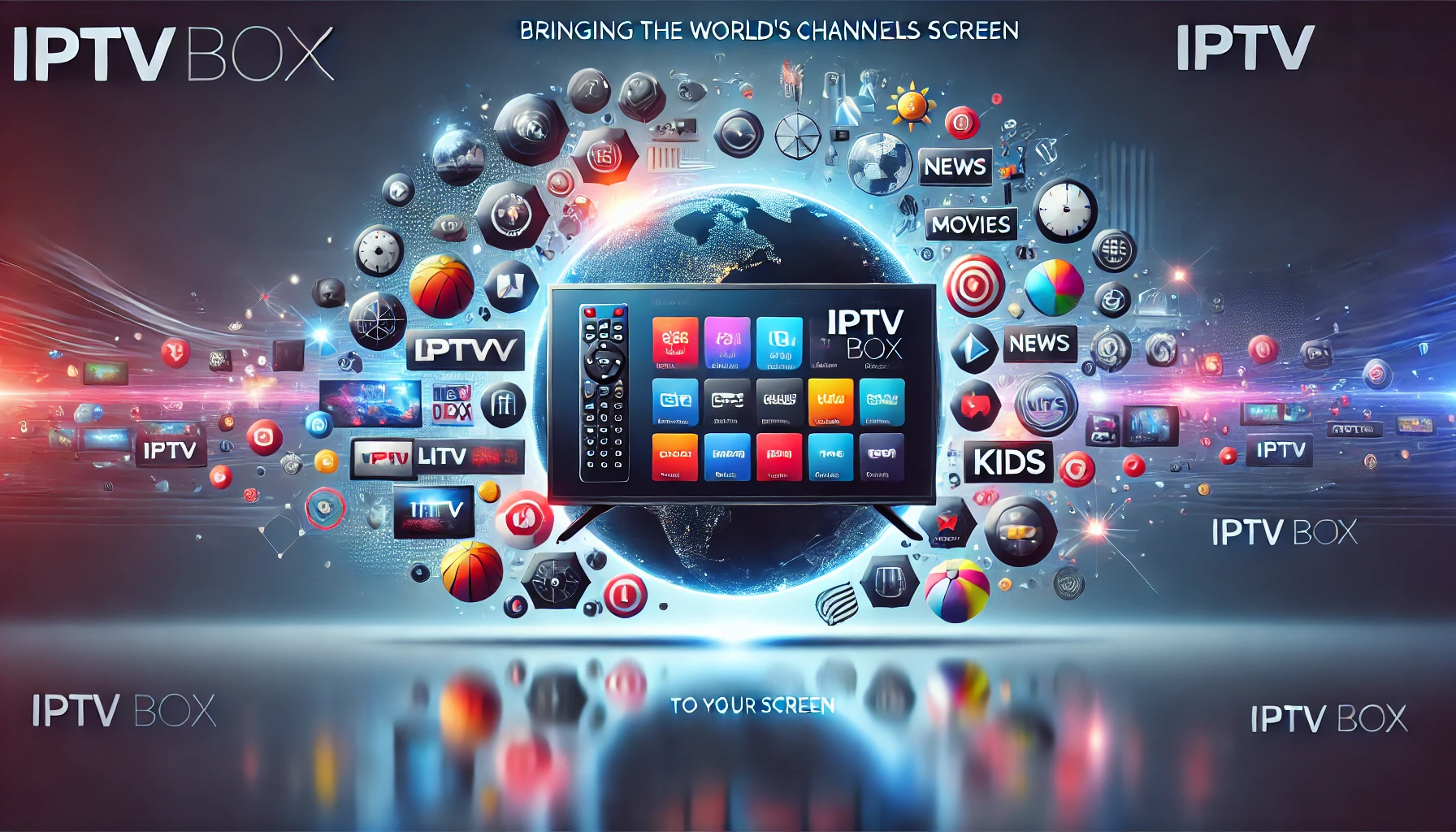IPTV (Internet Protocol Television) is one of the most prominent modern ways to watch television content, allowing users to access a wide variety of channels and programs over the internet. With the increasing popularity of this service worldwide, many questions arise about its legality in different countries. In this article, we will discuss the legal status of IPTV in Bangladesh, review relevant laws and regulations, and explore the potential impacts on users.

What is IPTV?
IPTV stands for Internet Protocol Television, a system that allows television broadcasts to be delivered over the internet rather than through traditional means like cable or satellite. IPTV relies on digital broadcasting technologies, providing better picture quality and a wider variety of content. This service offers numerous local and international channels, as well as on-demand movies and shows.
The Legal Status of IPTV in Bangladesh
In Bangladesh, the legal status of IPTV is a complex issue. The government has not yet issued clear legislation governing the use of IPTV, leaving room for various interpretations. There are several key points to consider:
- Licensing and Registration: Many IPTV services require licenses from the government to operate. In Bangladesh, most media outlets are subject to strict licensing laws, which may mean that many unlicensed IPTV services could be illegal.
- Copyright Issues: Bangladeshi copyright laws prohibit the distribution of protected content without permission. Therefore, if an IPTV service offers copyrighted content without obtaining the necessary permissions, it constitutes a legal violation.
- Government Monitoring: The Bangladeshi government closely monitors media, and it may take action against any IPTV services it considers illegal or threatening to national security.
Available IPTV Services in Bangladesh
Numerous IPTV services are available in Bangladesh, some licensed and others unlicensed. Some well-known services include:
- BTV: The national broadcaster of Bangladesh, offering a variety of news and entertainment content, and licensed by the government.
- Robi: Provides IPTV services as part of its offerings and complies with government regulations.
- Unlicensed IPTV Services: Many providers offer unlicensed IPTV content, increasing legal risks for users.
Risks of Using Unlicensed IPTV Services
Using unlicensed IPTV services in Bangladesh carries several risks:
- Legal Warnings: Users may face legal action if discovered using unlicensed services.
- Quality of Service: Unlicensed IPTV services often provide lower quality, affecting the viewing experience.
- Harmful Content: Some unlicensed services may include inappropriate or harmful content.
- Security Risks: Unlicensed IPTV services may harbor malware that threatens the security of users’ devices and personal information.
How Users Can Avoid Risks
To ensure that they use IPTV services legally and safely, users can follow some tips:
- Check for Licenses: Before subscribing to any IPTV service, ensure it is licensed by the government.
- Research Reviews: Reading reviews and ratings from other users can help determine the reliability of the service.
- Avoid Unknown Services: It’s best to steer clear of services lacking a good reputation or clear licensing information.
Conclusion
In conclusion, the status of IPTV in Bangladesh is a complex and unclear issue. While there are no explicit laws prohibiting the use of IPTV, licensing and copyright laws play a significant role in determining the legality of these services. Users must exercise caution and conduct thorough research before subscribing to any IPTV service to avoid legal risks and potential problems. In a rapidly evolving information technology landscape, it remains essential for users to stay informed about local laws and regulations.
